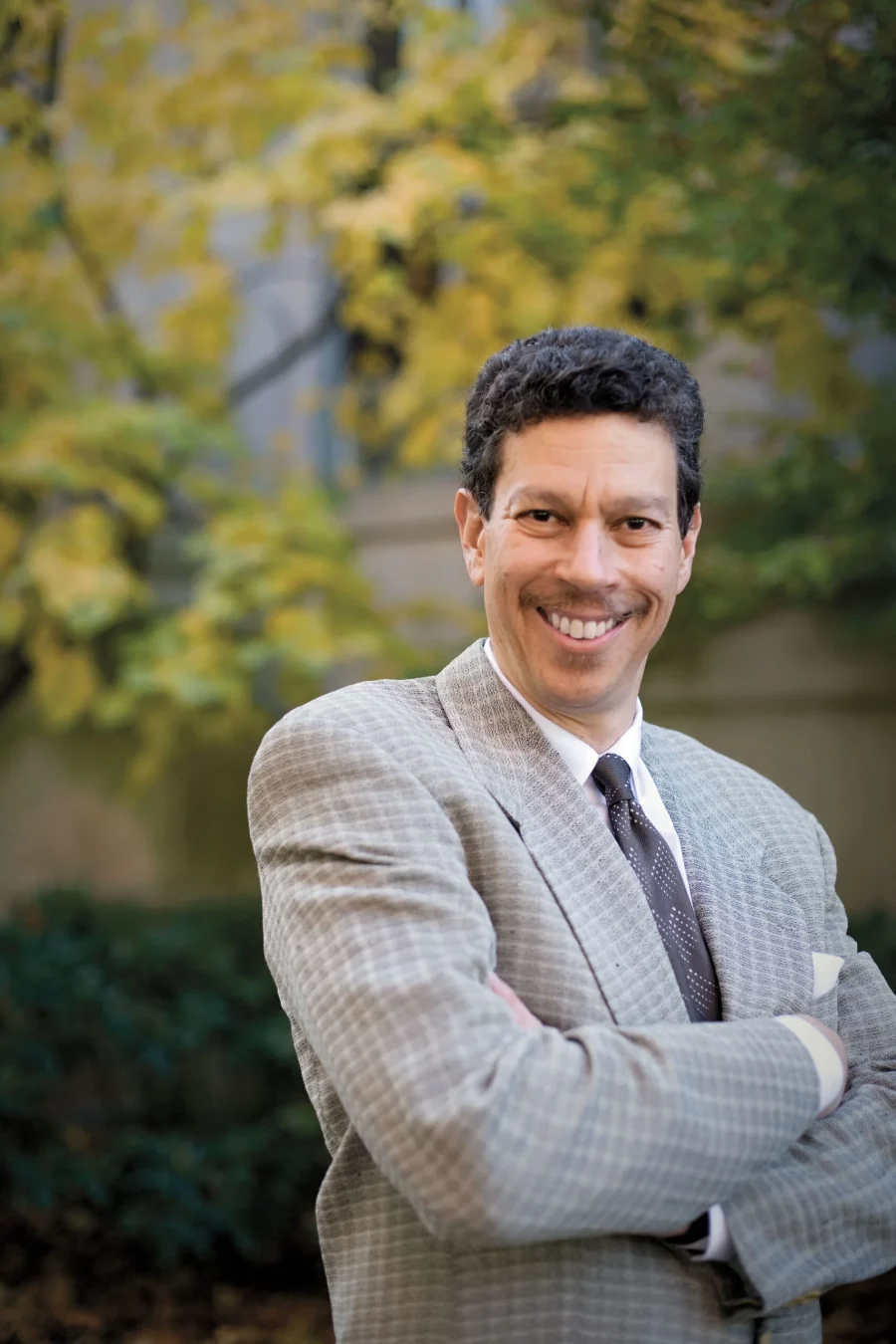Reading time: 9 minutesWritten by Josh Lee Kok Thong
On 3 and 4 August 2023, the Singapore Academy of Law (“SAL”), in conjunction with the Singapore Management University (“SMU”), organized a conference titled “The Next Frontier in Lawyering: From ESG to GPT”. The conference provided participants with an overview of latest trends in the legal industry, and how these trends posed opportunities and challenges for lawyers and legal professionals. Held at the SMU Yong Pung How School of Law (“SMUYPHSOL”), the conference saw hundreds of attendees learn from global and local legal industry leaders about cutting-edge developments in the legal industry.
One of these global leaders and giants was Professor David B. Wilkins. As Lester Kissel Professor of Law, Vice Dean for Global Initiatives on the Legal Profession, and Faculty Director of the Center on the Legal Profession at Harvard Law School, Professor Wilkins is a prominent thought leader and speaker on the future of the legal profession, disruptive innovation, and legal industry leadership. He has written over 80 articles on the legal profession in leading scholarly journals and the popular press, and teaches several courses at Harvard Law School such as The Legal Profession, and Challenges of a General Counsel.
At the conference, Professor Wilkins delivered a keynote address titled “From “Law’s Empire” to “Integrated Solutions”: How Globalization, Technology, and Organizational Change Are Opening “New Frontiers” for Lawyers, Clients and Society”. His address covered how law is becoming a more collaborative enterprise (with other knowledge domains) in a volatile, uncertain, complex and ambiguous world. While law would remain a domain driven by human capital, Professor Wilkins also urged lawyers to learn how to work with and understand technology. At the conference, Professor Wilkins also moderated a discussion on “Technology and the Legal Profession”, which explored how new technologies are transforming how lawyers work and interact with clients.
Following his keynote address, LawTech.Asia (“LTA”) had the valuable opportunity of chatting with Professor Wilkins on his views on the opportunities and impact of technology on the legal industry, the training of future lawyers, how Singapore could strengthen its legal innovation ecosystem, and how legal technology could be better oriented to serve the underserved and under-represented in society. The interview, which is set out below, has only been edited for readability and brevity.
Read More



